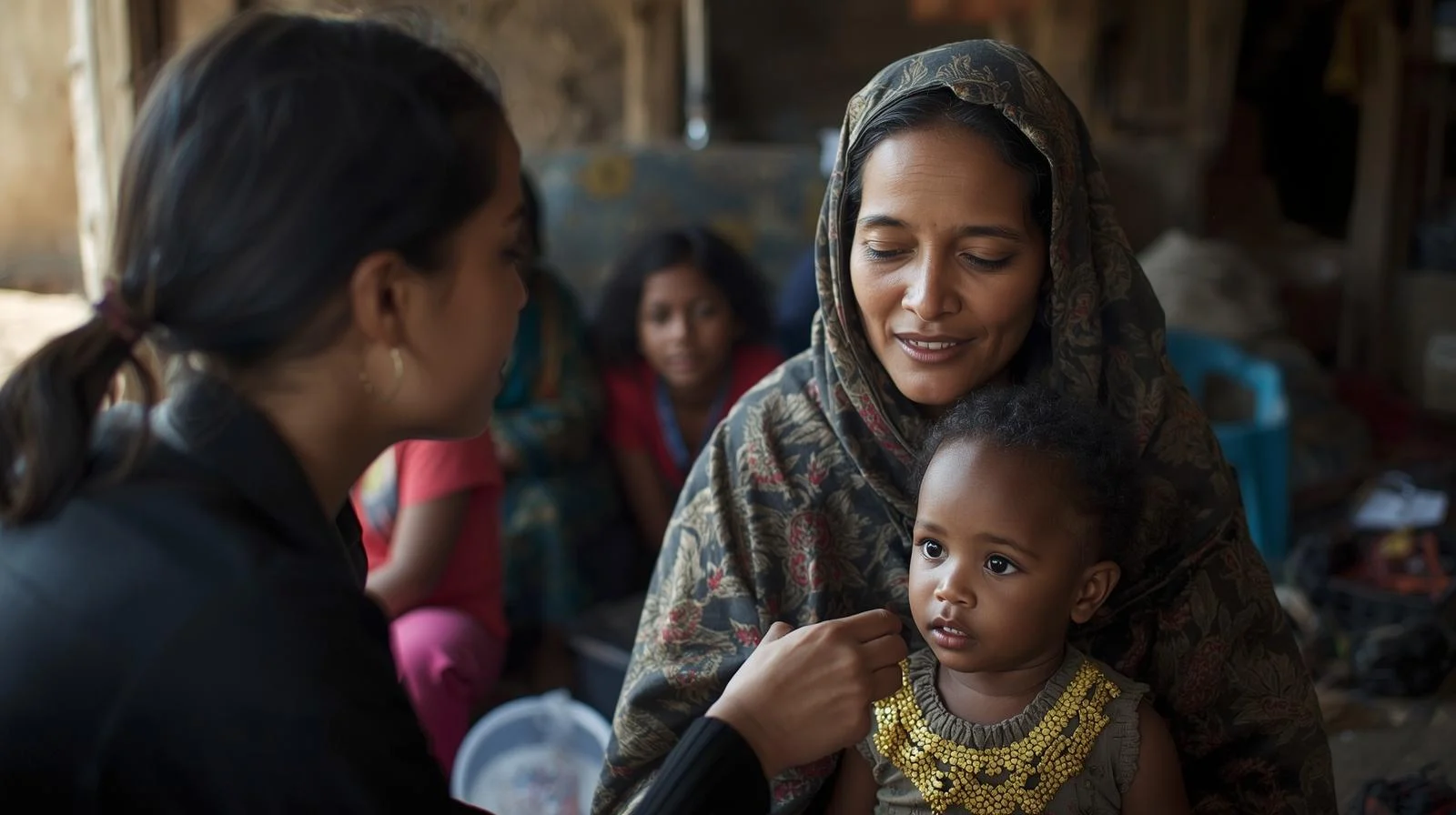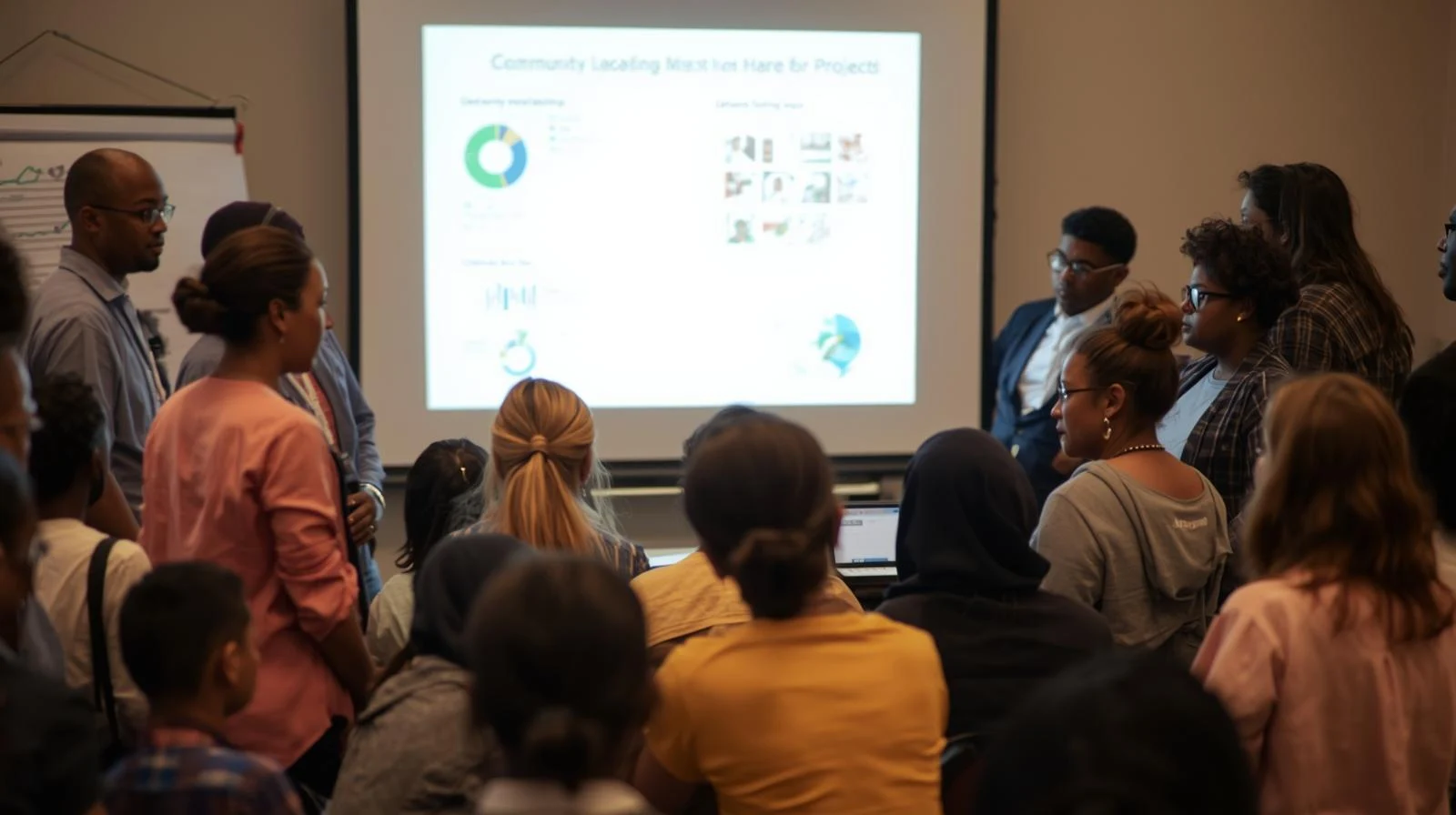Understanding vulnerable populations through social research is crucial for building fairer societies. Vulnerable groups such as women, children, elderly citizens, persons with disabilities, refugees, and marginalized communities often face overlapping disadvantages. They may lack access to quality healthcare, education, employment opportunities, or political representation.
Social research provides the evidence needed to uncover these barriers. By combining data-driven analysis with human stories, researchers highlight where inequality exists and why it persists. Policymakers, NGOs, and development agencies then use this knowledge to design programs that respond directly to the realities of those most at risk. Without this evidence, well-meaning interventions may fail to reach the people who need them most.
Identifying At-Risk Communities
Mapping Social Exclusion
Social exclusion rarely looks the same across different societies. In some contexts, it may take the form of poverty and unemployment; in others, it could be cultural discrimination or lack of access to essential services. Through surveys, community assessments, and demographic analysis, researchers identify who is excluded and why. This process reveals hidden populations that are often overlooked in official statistics, such as street children, undocumented migrants, or rural minorities.
Using Mixed Methods for Richer Insights
Numbers alone do not capture the full story of vulnerable groups. While quantitative surveys measure the scale of exclusion, qualitative approaches add depth and nuance. Interviews, focus groups, and participatory observation provide a window into lived experiences. By blending both approaches, social research captures not only how many people are affected but also how they are affected. This richer insight allows policymakers to understand the human side of statistics, leading to better-targeted solutions.

How Research Shapes Policy and Practice
Designing Inclusive Programs
Insights from social research are the foundation of effective development. Governments and humanitarian organizations use research findings to tailor programs that address the real needs of vulnerable populations. For example, a study on food insecurity may inform targeted nutrition programs for children and mothers, while research on gender inequality may guide initiatives that support women’s access to land, finance, and leadership opportunities.
Strengthening Community Voices
Vulnerable populations are often excluded from decision-making. Participatory social research helps amplify their voices, ensuring communities themselves shape interventions. This not only improves program effectiveness but also builds trust and ownership at the local level.
Tracking Development Progress
Without reliable data, it is impossible to know whether policies are working. Social research provides tools for monitoring and evaluation, ensuring interventions are measured against outcomes. By tracking progress, organizations can adjust strategies and remain accountable to the populations they serve. This feedback loop ensures that vulnerable communities are not forgotten after programs are launched.

Future Trends in Social Research
The future of social research lies in innovative methods and digital tools. Mobile phone surveys, satellite imagery, and AI-powered data analysis are expanding the reach of research to places previously considered inaccessible. At the same time, digital participatory tools such as online focus groups and community-driven platforms are enabling vulnerable groups to share their voices directly, breaking down barriers between researchers and communities.
As technology advances, it is essential that researchers use these tools responsibly, ensuring that sensitive data from vulnerable populations is protected. Ethical and inclusive practices must remain at the core of social research so that innovation supports dignity rather than exploitation.
This evolution ensures that understanding vulnerable populations through social research will remain vital to building inclusive societies where no one is left behind.
Partner with Us for Inclusive Impact
If your mission is to drive meaningful social change, evidence must guide your strategy. Social research provides that evidence, ensuring that interventions are not based on assumptions but on lived realities.
Partner with us to design, implement, and evaluate social research that captures the experiences of vulnerable populations. Together, we can create evidence-based programs that empower communities, reduce inequality, and make development truly inclusive.





